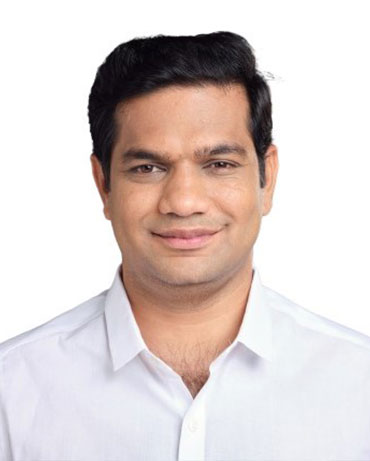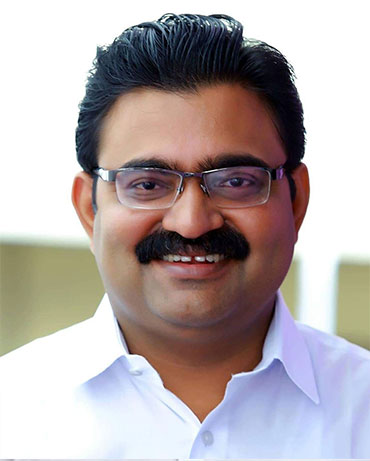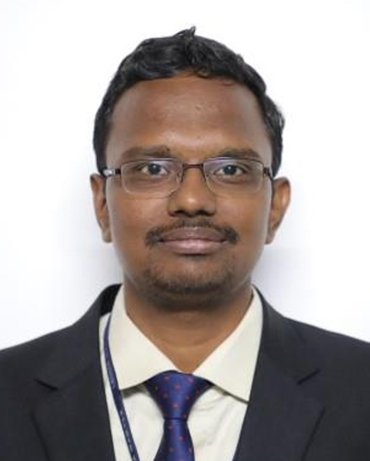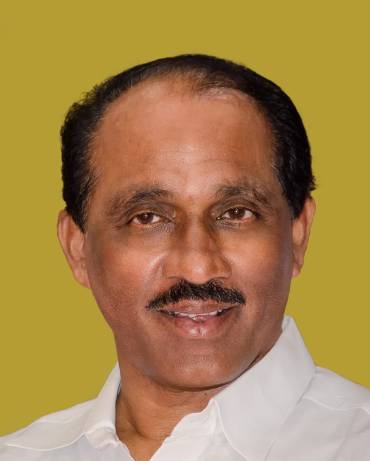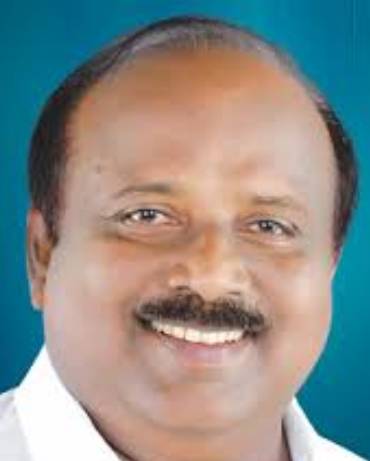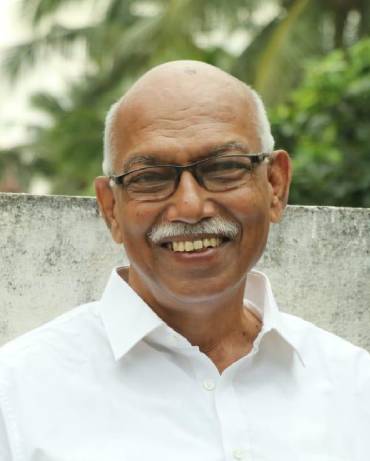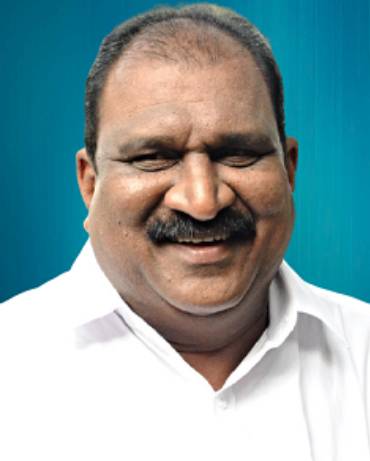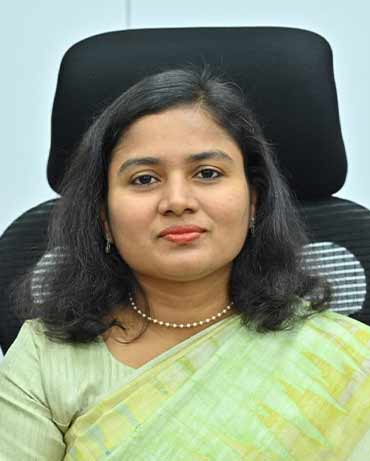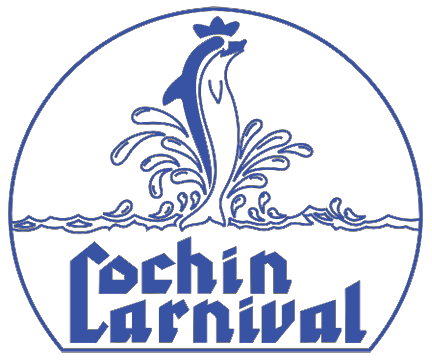To Gandhiji standing at the beach at Fort Cochin, Cochin was the "epitome of adventure". Gandhiji had captured the essence of the spirit of Cochin, reflected in the eddies and currents of her five hundred year old maritime history. Cochin was the gateway to the famed "Spices Trade of the Orient" and in the first millennium B. C. ships from China and Arabia docked at her harbour. In was here that a foothold was sought by Europe in her bid to dominate the spices trade of the East and Cochin remained the hotbed of European rivalry and was occupied by the three European Powers in quick succession each of whom left their visible marks in old Cochin.
Cochin is filled with an old world charm and langour and an inner rhythm of her own, reflected in the waters that moulded her history. It is an essence difficult to capture in so many words, but has to be experienced as any visitor to Cochin will tell you. The ageless Chinese fishing nets, beloved of photographers and artists, etched against the everchanging colours of the sky and the sea. The criss crossed streets with their quaint names, Jew Street, Burger Street, Rose Street, Princess street etc., lined with buildings relecting Arabic, Dutch, Portuguese & English architecture a silent testimony to the passage of time. Cochin to this day remains a mosaic of cultures. The Jews, though only a few remain, the Anglo-Indians, the Gujrathis, Marathis, Kutchis, Konkanis, the Tamilians, the Jains, the Bhoras, the Phatans all flocked here for a share of the lucrative spices and tea trade.

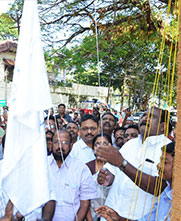



It is these diverse facets of a multi-ethic, multi-lingual culture that the Cochin Carnival has sought to capture in a brief spectrum of uninhibited gaiety heralding the New Year. India is an ancient land. Festivals here follow one another like the changing seasons, the sun and the moon, each reflecting the culture of a community, religion or caste. There are very few festivals that bring people together as people irrespective of caste and creed to join together in a common celebration of the ritual of life. Like the famed carnivals of Europe, Latin America and GOA, Cochin Carnival bring together people from all walks of life in a riot of gaity and colour to celebrate the advent of the New Year. Their ultimate aim is the fostering of communal harmony by offering people a platform for a common celebration of life.
The Cochin Carnival was conceived in the International Year of the Youth and brings together scores of and organizations in the city. "Participation", "Development" , "Peace" , "Environment" and "Adventure" are the mottos of the Cochin Carnival. The start of the Carnival is heralded by the hoisting of the Carnival flag, followed by the flags of all participating Clubs on the beachfront. The message of the Carnival is then read out to the world. With this a period of celebration and gaiety is unleashed. The events, spread over two weeks at Fort Cochin reflect the festive mood of the Carnival and consists of fun events and sports like a speed cycle race from Shertallai to Cochin and exclusive events like an eating competition, laughing competition, sack races, pillow fighting, kite flying competition and tug of war, thekootam, kabadi and dive duck and dine.
With the setting of the sun over the Arabian Sea each day, the cultural fiesta commences. These reflect the diverse culture of the city, the Gujrathi "Garba", the Punjabi Bhangra, Kargattom from Tamilnadu etc. The burining of Pappanji on the beach at midnight of 31st Dec marks the end of an year and the birth of another.The grand final of the Carnival is the Carnival Rally on the New Year's Day in which floats and processions are taken out depicting the various facets of life in Cochin, important national and international events and the diverse historical and cultural heritage of the area. The curtain comes down with this on two weeks when the city comes alive in joyous abundance and man celebrates the renewal of life with the New Year.


